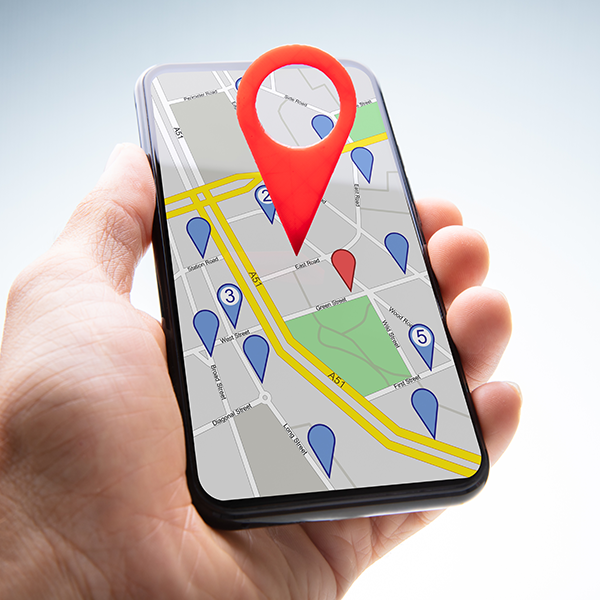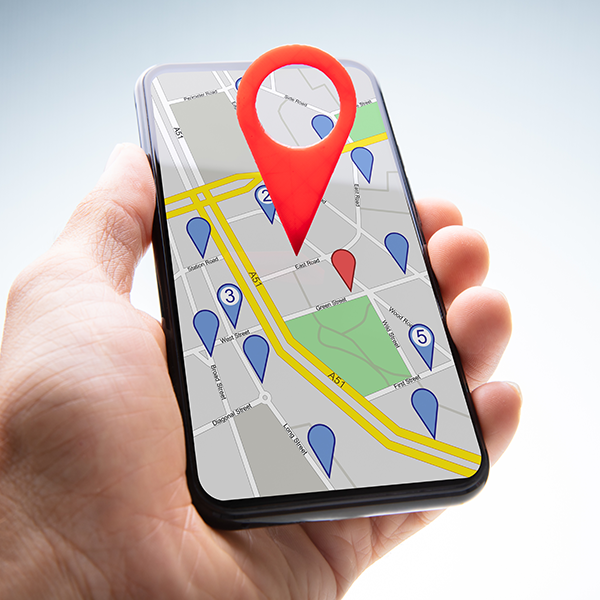The New Face of Mobile App Testing

By Dan McFall
The world is becoming more mobile by the minute and that means greater demand for faster, more efficient and easier-to-use apps.
Responding to the differences between desktop and mobile, application testing tools are rapidly evolving to accommodate more complex apps and a wider variety of mobile devices. The mobile landscape is constantly changing in terms of the devices themselves - form factors, screen size, resolution - and the wide array of mobile operating systems. That variability makes testing mobile apps a vastly more complicated process.
Desktop and Web application testing is fairly simple when compared to mobile application testing because desktop applications are often targeted to a specific platform. Mobile application testing is more complex because of the added Web browser and device components, demanding mobile app developers ensure applications work on a variety of devices and mobile operating systems - not to mention meet the needs of an increasingly demanding user base.
In the modern mobile enterprise, it is important for users to be able to access the same information on all devices, so developers must consider the limited and varying screen sizes when creating mobile applications. Desktops, on the other hand, have fewer screen limitations, making application testing easier to automate across multiple platforms.
Mobile apps also bring new focus on user interaction. On a desktop, users are limited to keyboard, touchscreen and mouse in terms of interaction tools. On a mobile device, users can interact via touchscreens, device tilting, device shaking, hand waving, voice commands and multi-touch gestures. To achieve the highest level of performance, mobile applications should be tested on a variety of devices to ensure the application responds correctly to user commands. An unresponsive interaction can lead to poor mobile application quality and negative reviews in app stores.
Wired and wireless LANS support most desktop apps. Mobility, however, drives wireless-only connectivity and introduces the complication of differing network types. As a result, mobile applications must account for 3G, 4G, LTE and others. Confirming an application works across multiple networks is a prerequisite to satisfied-user ratings.
Increase Mobile App Exposure
Submit your mobile application for review at Application Magazine - wsm.co/submityourapp
One of the greatest differences between mobile and desktop is the speed at which mobile applications are deleted versus desktop applications. Corporate IT once had the privilege of selecting the desktop applications they wanted to install and could easily control when updates and upgrades were deployed. The mobile enterprise is similar to the Wild West. IT no longer controls when a new mobile operating system is installed - end-users in bring your own device (BYOD) environments, for example, elect when to take an operating system upgrade and when to ignore it.
When developing for mobile applications, testing for usability and performance is key. Users have a lot of choices for mobile applications and expect optimal performance of the apps they choose to download. If the user finds the application difficult to use or the application does not perform to the user's expectations, the application risks being deleted.
Forrester Analyst Margo Visitacion notes, "Mobile apps live and die by their ratings in an App Store...When the rating suffers, customer adoption suffers." Users have a very low tolerance for buggy mobile apps. According to Compuware, only 16 percent of mobile app users will try a failing app more than twice.
The whole point of testing apps-whether desktop or mobile-is to make the user's experience with your brand one of ease and enjoyment. Mobility requires new focus and new energy on app testing - the increased number of platform factors (operating systems, devices) and the control of what platforms are "current" by phone vendors and users, combined with greatly increased expectations for ease of use, moves mobile app testing and mobile test automation out of the "debatable ROI" category and into the "survival tool" column. Mobile apps mean mobile users and without thorough testing, those users can prove ephemeral.
Dan McFall is the VP of mobility solutions at Mobile Labs where he works with global organizations to improve their development and QA processes around mobile device and app testing.

Subscribe to Our Newsletter!
Latest in Mobile Marketing










